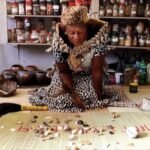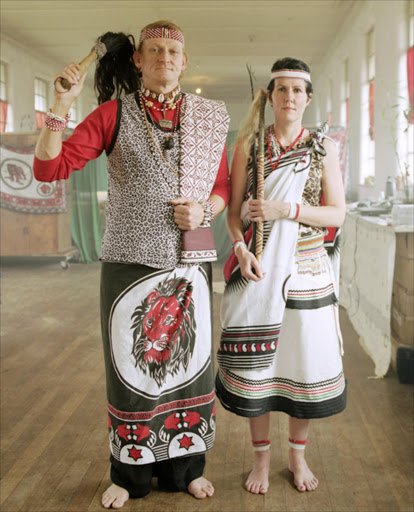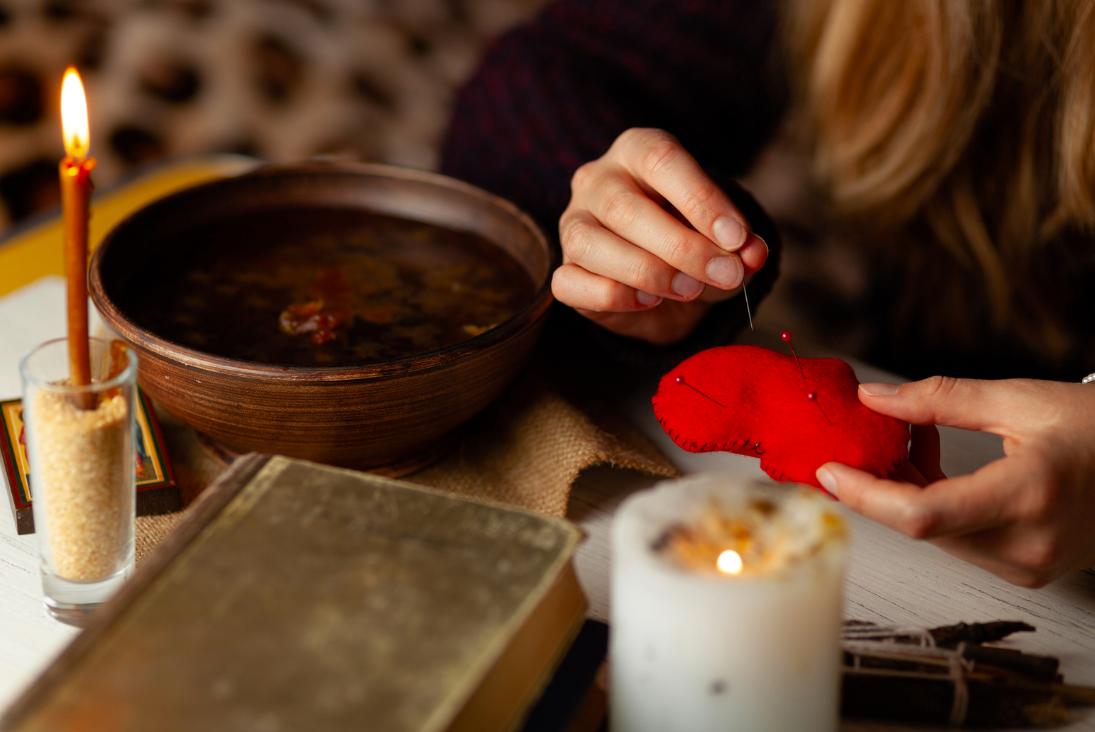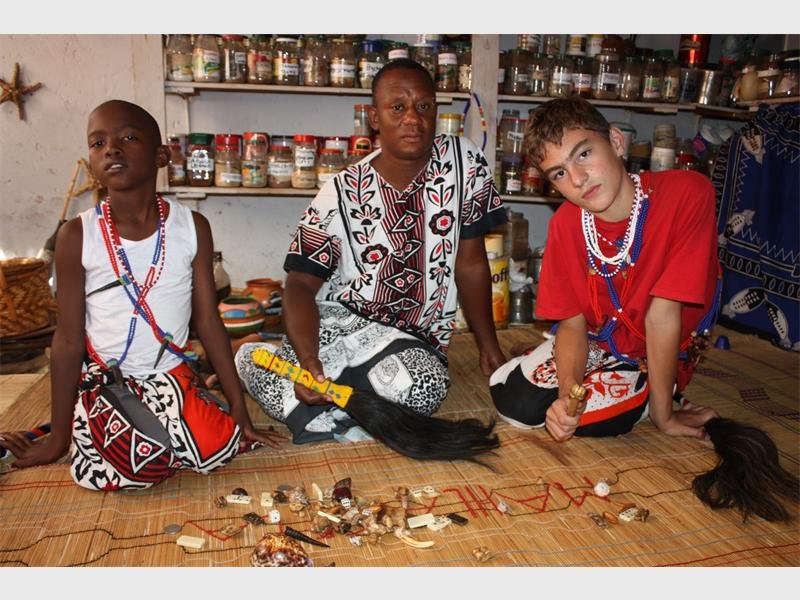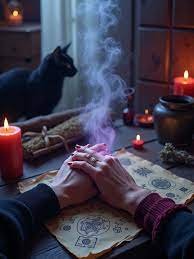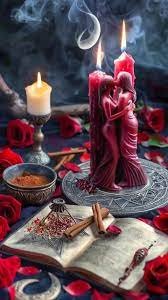A sangoma is a highly respected traditional healer and spiritual practitioner found primarily in Southern African cultures, including among the Zulu, Xhosa, Swazi, Ndebele, Sotho, and Tswana peoples. The role of a sangoma goes far beyond physical healing; it encompasses spiritual guidance, ancestral communication, divination, herbal medicine, and cultural ritual leadership. Sangomas are central figures in their communities, bridging the spiritual and physical worlds.
✦ Spiritual Calling and Training (Ukuthwasa)
A person becomes a sangoma not by choice, but through a spiritual calling from the ancestors. This often manifests in dreams, visions, illness, or unusual life disruptions that cannot be treated by Western medicine. Responding to the call means undergoing a rigorous and sacred initiation process known as ukuthwasa. This involves:
-
Studying under an experienced sangoma (mentor or “gobela”).
-
Learning how to interpret dreams and signs.
-
Mastering the use of medicinal herbs (known as muthi).
-
Performing rituals to connect with ancestors.
-
Undergoing physical and spiritual cleansing.
The training period can last months or years, and only upon successful completion is the individual recognized as a sangoma.
✦ Roles and Responsibilities
A sangoma’s role is multifaceted, and their practices are rooted deeply in ancestral knowledge:
-
Divination – Using tools like bones (throwing bones), seashells, or stones, the sangoma reads messages from the ancestors to diagnose spiritual or physical issues.
-
Ancestral Communication – Sangomas serve as mediums for ancestral spirits, providing guidance, protection, or warnings to individuals and communities.
-
Healing – Sangomas treat a range of conditions using herbal remedies, rituals, and energy work. They address both physical ailments and spiritual imbalances like curses, bad luck, or spiritual blockages.
-
Protection and Cleansing – Through rituals and traditional medicine, they perform cleansing ceremonies to ward off evil spirits or misfortune, and offer protection spells or charms.
-
Guidance in Major Life Events – From births to marriages and even funerals, sangomas help mark life transitions with proper rituals that honor ancestors and maintain spiritual harmony.
✦ Cultural and Social Importance
Sangomas hold great social status and trust. They are guardians of ancient traditions and oral knowledge. Even in modern, urban settings where Western medicine is prevalent, many people still consult sangomas for spiritual insight or healing—often in conjunction with doctors.
In South Africa, sangomas are legally recognized under the Traditional Health Practitioners Act, affirming their role within the broader healthcare and cultural system.
✦ Modern Relevance
While rooted in ancient tradition, the sangoma’s practice continues to evolve, often blending with contemporary concerns and holistic wellness. Some sangomas use social media to educate and reach clients. Others travel globally, offering insights into African spirituality, healing, and ancestral wisdom.
In essence, a sangoma is not merely a healer but a spiritual custodian, a cultural historian, and a soul guide, deeply woven into the spiritual fabric of Southern African life.
